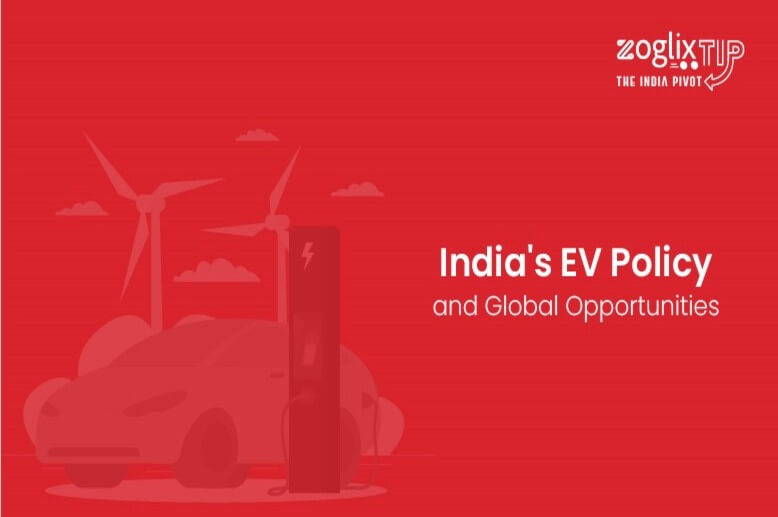The India Pivot – Made in India Tesla could be a reality soon

In a bold move that echos across the global automotive landscape, India has brought about a transformative policy aimed at supercharging its electric vehicle (EV) industry. The Ministry of Heavy Industries (MHI) recently unveiled a visionary strategy, enticing global titans like Tesla, VinFast, BYD, Kia, Škoda, BMW, and Mercedes-Benz to bolster their presence in the Indian market.
From the vantage point of global EV market, this announcement holds profound implications. It marks a strategic shift, positioning India as a formidable contender in the EV arena, and presents lucrative opportunities for global companies eyeing international expansion.
At the core of the policy lies a strategic proposition: lower import taxes on select electric vehicles for companies committing substantial investments and establishing manufacturing plants within India’s borders. For American giants like Tesla, this represents a golden opportunity to penetrate one of the world’s largest and fastest-growing automotive markets.
Elon Musk’s brainchild, Tesla, has long been hungry for a larger slice of the Indian market. The proposed reduction in import duties dovetails neatly with Tesla’s ambitions, aligning policy demands with corporate objectives. It’s a mutually beneficial scenario that promises to rapidly push Tesla’s efforts to electrify Indian roads.
But Tesla isn’t the only player eyeing India’s blooming EV market. Automakers around the globe stand to benefit from this policy overhaul. It’s a chance to expand their global footprint, tap into India’s immense consumer base, and drive innovation in sustainable transportation.
The policy’s emphasis on localization underscores India’s aspirations to become a self-reliant hub for EV manufacturing. American companies keen on capitalizing on India’s market must demonstrate a commitment to local production and investment, aligning with the country’s vision for economic growth and development.
The India Pivot presents a unique opportunity to deepen bilateral ties, foster technological collaboration, and drive sustainable innovation. It’s a chance for American companies to not only expand their market share but also contribute to India’s economic resurgence.
In the coming years, as electric vehicles dot the Indian landscape, we’ll look back at this moment as a watershed in the global automotive industry. This shift isn’t just about policy; it’s about forging enduring partnerships, catalyzing innovation, and shaping the future of mobility. From the United States to India and beyond, let’s embrace this historic moment with optimism, ambition, and a shared commitment to building a cleaner, greener world.